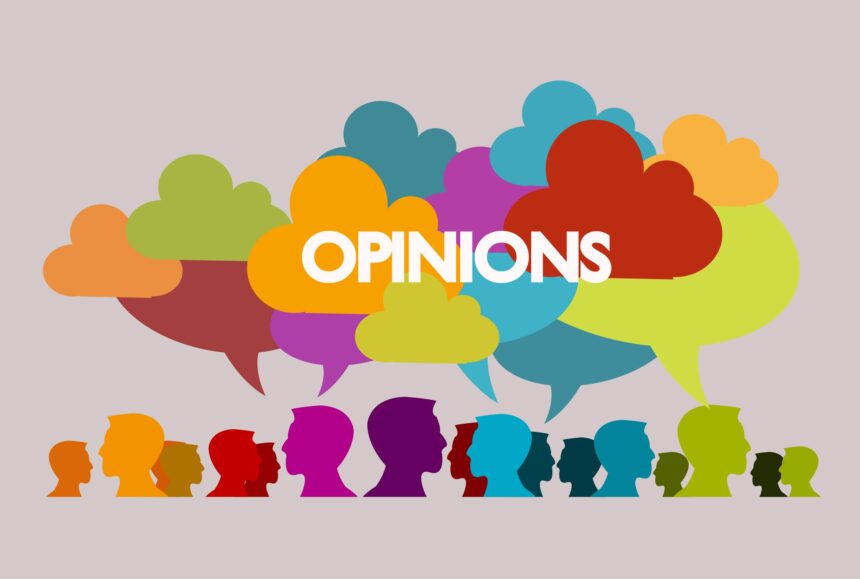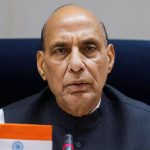Social media is a powerful tool in today’s world that helps us connect with others and provide information. But at the same time, it creates an illusion that can have a profound effect on our lives. Over the last 4-5 years there has been an undeniable surge in the popularity of social media like Facebook, YouTube, Snapchat, reel formation etc. This platform has captivated the attention of young and old, male and female even I am witnessing the use of reels even by academician and intellectual persons. Most of people see it as an easy way to make money and gain fame by becoming influencers.
Social media is a powerful source of information and connections; on the other hand, it can hurt the lives of people. People spend hours scrolling through social media, which affects their academic, professional and personal lives and they are wasting their precious time. Social media platforms often create an illusion of constant happiness and success in others’ lives, make users to feel inadequate or left out. This phenomenon, known as “FOMO” (Fear of Missing Out), can contribute to increased levels of anxiety and depression. Constant exposure to curated content can also amplify feelings of loneliness and isolation, especially for those who struggle to form meaningful offline connections.
Excessive use of social media can increase problems of anxiety, depression and lack of self-esteemas these factors are related to mental issues. Social media promotes an idealized version of beauty and lifestyle, often through heavily edited or filtered images. Constant comparison with these unattainable standards can lead to body dissatisfaction, low self-esteem, and even disordered eating habits. Platforms like Instagram are particularly notorious for perpetuating these harmful ideals, affecting users across all age groups, especially adolescents. It weakensReal-life relationships due to social media like video calls through any social media platform.People are becoming dissatisfied with their own lives by seeing the artificially beautiful lives of others. Some addicted users are using during night hours screen can cause sleep problems.
Social media fosters superficial interactions, replacing deep, meaningful conversations with brief exchanges like likes, emojis, or comments.Over-reliance on virtual communication diminishes the ability to engage in face-to-face conversations, impacting empathy and emotional intelligence.The rise of “phubbing” (phone snubbing) during social gatherings creates a disconnect, weakening real-world relationships.Constant exposure to curated and idealized content leads to feelings of inadequacy, anxiety, and depression.The addictive nature of social media platforms exploits dopamine-driven reward circuits, exacerbating issues like low self-esteem and attention disorders.
Endless scrolling and notifications disrupt focus and time management.Studies show excessive social media use correlates with procrastination and reduced academic or workplace performance.Anonymity online often encourages hostile behaviour, exposing individuals to harmful comments, threats, or public shaming. Victims of cyberbullying frequently report long-lasting emotional trauma.The spread of fake news and echo chambers amplifies biases and promotes misinformation.Users often struggle to distinguish between credible information and manipulated content.Extended screen time leads to sedentary lifestyles, eye strain, and poor posture. Sleep disturbances arise from excessive use, particularly before bedtime. Adolescents, in particular, face challenges like social comparison, online peer pressure, and a skewed sense of self-worth.Early exposure can interfere with cognitive and emotional development.
Social media platforms often prioritize engagement over accuracy, leading to the rapid spread of viral trends and misinformation. Users, influenced by catchy headlines, visually appealing content, and peer pressure, may share or accept information without verifying its authenticity.Continuous exposure to bite-sized content and echo chambers diminishes users’ ability to critically evaluate information. Algorithms often reinforce biases, creating a cycle of confirmation rather than exploration.Viral misinformation, such as conspiracy theories or fake news, often gains more traction than verified facts due to its sensational nature. These fosters misplaced trust and decisions based on incomplete or inaccurate data.Social validation and fear of missing out (FOMO) drive individuals to adopt opinions or trends without questioning their validity.
Excessive time spent on social media often distracts individuals from their professional or academic responsibilities, leading to missed deadlines and reduced performance.The habit of scrolling through endless feeds trains the brain to focus on short bursts of information, making it harder to concentrate on long-form content or tasks requiring sustained focus. Social media addiction is linked to higher levels of anxiety, depression, and feelings of inadequacy due to constant comparisons with others’ curated lives.The highlight reels presented on social platforms can create unrealistic expectations about life, beauty, and success, leading to dissatisfaction with one’s own reality. Spending excessive time online often results in neglecting face-to-face interactions, weakening personal bonds and causing feelings of isolation.
The blue light from screens and the tendency to scroll late at night interfere with sleep cycles, causing insomnia and fatigue.Social media platforms often become breeding grounds for cyberbullying, which can lead to severe emotional distress for victims.Addiction often leads users to overshare personal information, increasing the risk of identity theft, cybercrimes, and data exploitation.
Social media addiction is a real problem, but it can be overcome if its use is moderated and its benefits outweigh the harms. Using social media moderately and purposefully can help us live a balanced and healthy life.
(The Author is HOD English, Gurukashi University Talwandi Sabo Bathinda Punjab. Feedback: [email protected])








